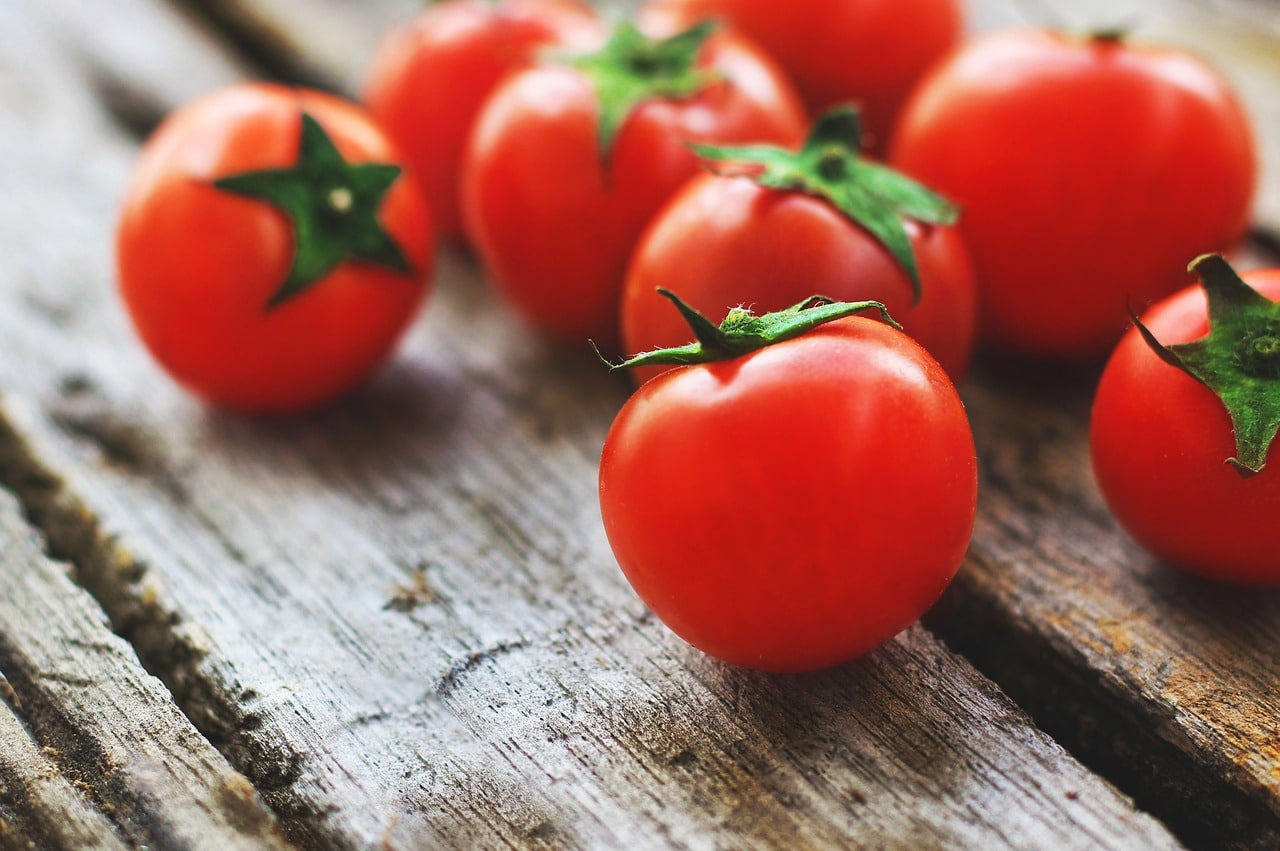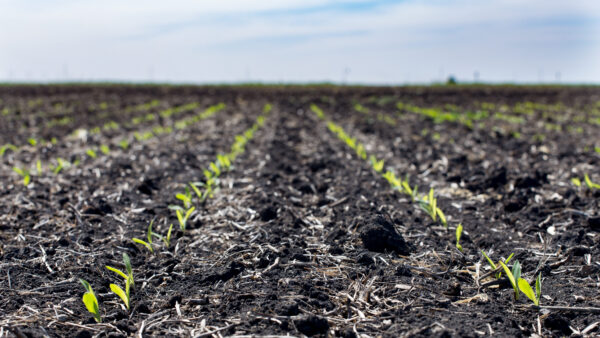Tomatoes aren’t a small crop globally. In fact, it’s one of the world’s most consumed vegetable crops, with commercial-scale production in 20 U.S. states. The Agricultural Marketing Resource Center notes that in 2020, approximately 12,619.2 tons of fresh market tomatoes and 11,312,256 tons of processing tomatoes were harvested from 272,900 acres in the U.S. — totaling approximately $1 billion.
But, improving tomato varieties during climate change is proving to be challenging.
The National Institute of Food and Agriculture (NIFA) and the Agriculture and Food Research Initiative (AFRI) awarded a $590,000 grant to a North Carolina State research scholar, Reza Shekasteband, and the Horticultural Science tomato breeding program to look into developing improved crop varieties. The goal is to boost tomato productivity, quality and environmental tolerance to better food security globally, according to a release.
“Three years ago, I started my role at NC State as a research scholar and found myself surrounded by wonderful people and knowledgeable researchers working on tomatoes,” Shekasteband said in the release. “Multiple interdisciplinary research teams at NC State welcomed me onboard and gave me the opportunity to explore my potential. With different approaches and expertise, we have teamed up to tackle different challenges tomato production faces in NC and nationwide.”
The grant allows them to focus on exploring host genetic resistance effective against Verticillium wilt in tomatoes, which has been a major issue in North Carolina and neighboring states — to the point growers have been forced out of production.
“By the end of this project, we anticipate having a significant contribution to mitigating the damages caused by Verticillium wilt in tomatoes,” he said. “I have learned a lot about plant breeding during the last ten years working on tomato breeding and genetics, and I believe there is still more to learn and explore. Federal and state grants are very crucial and determining factors in this process supporting our efforts to improve the sustainability of agriculture locally and in the nation.”











